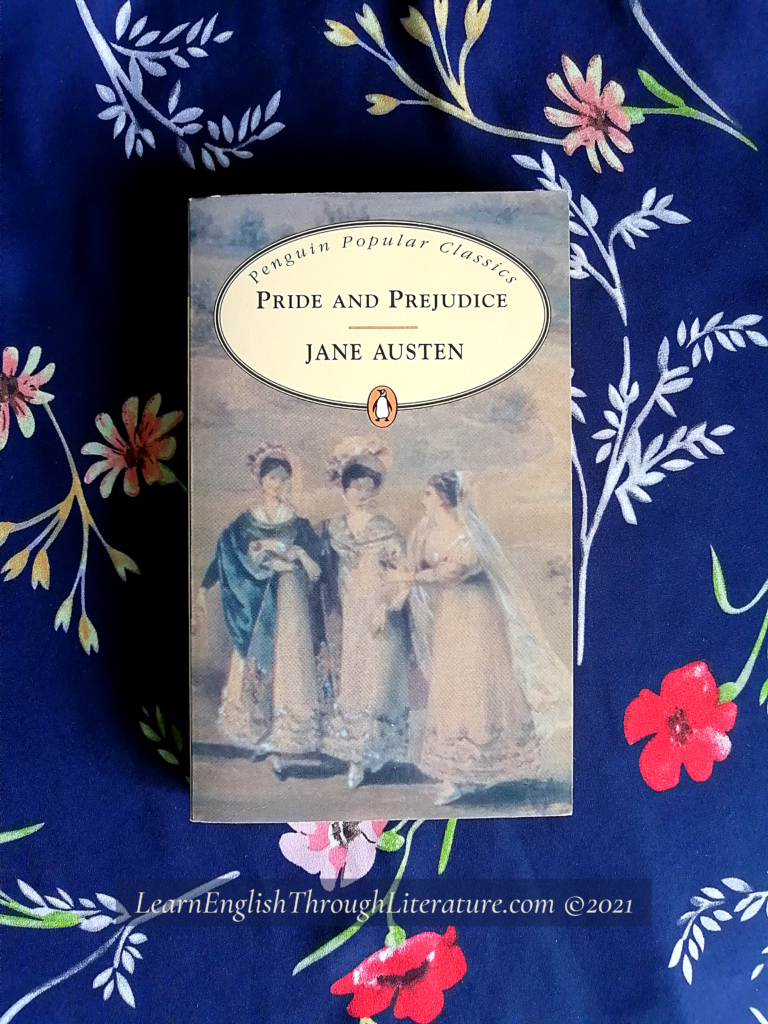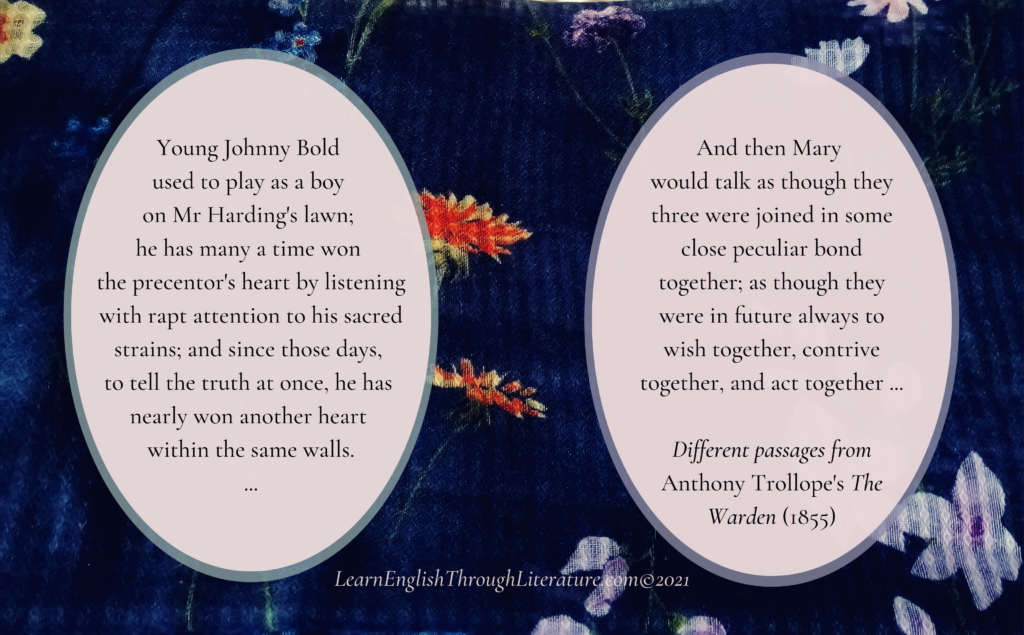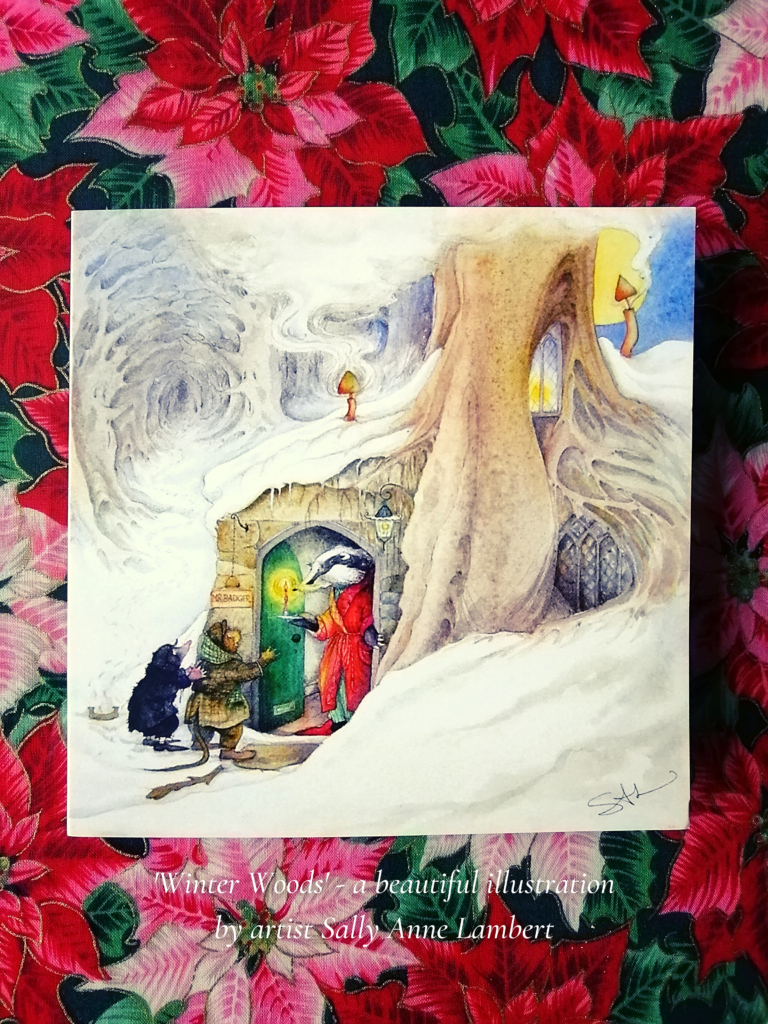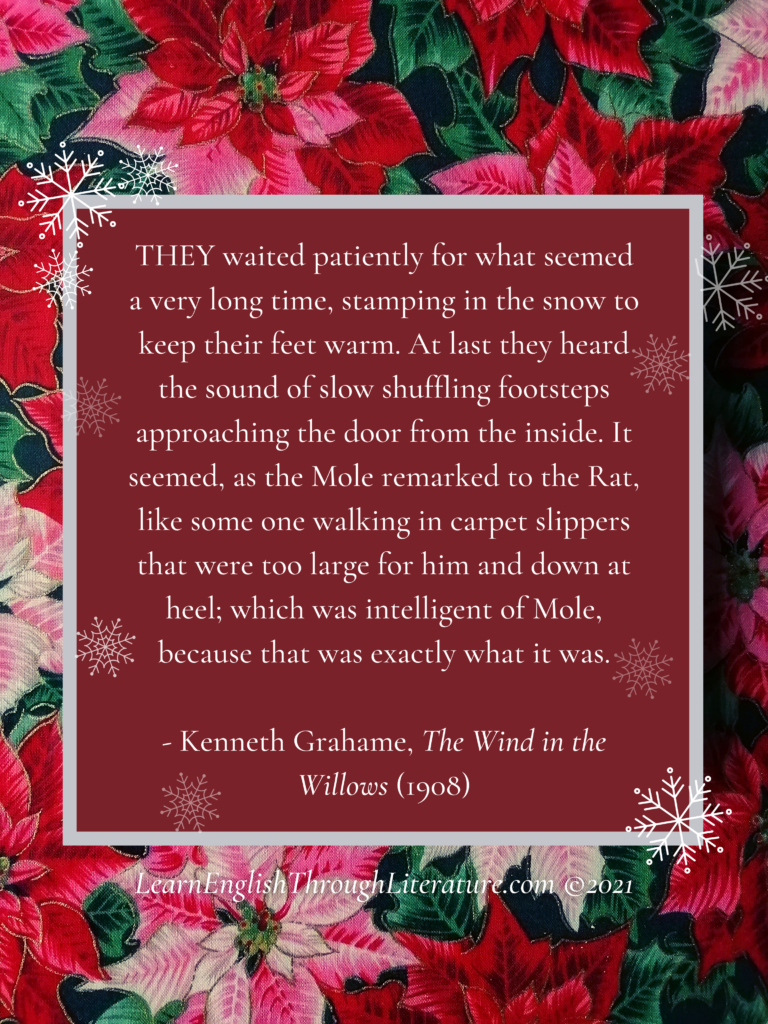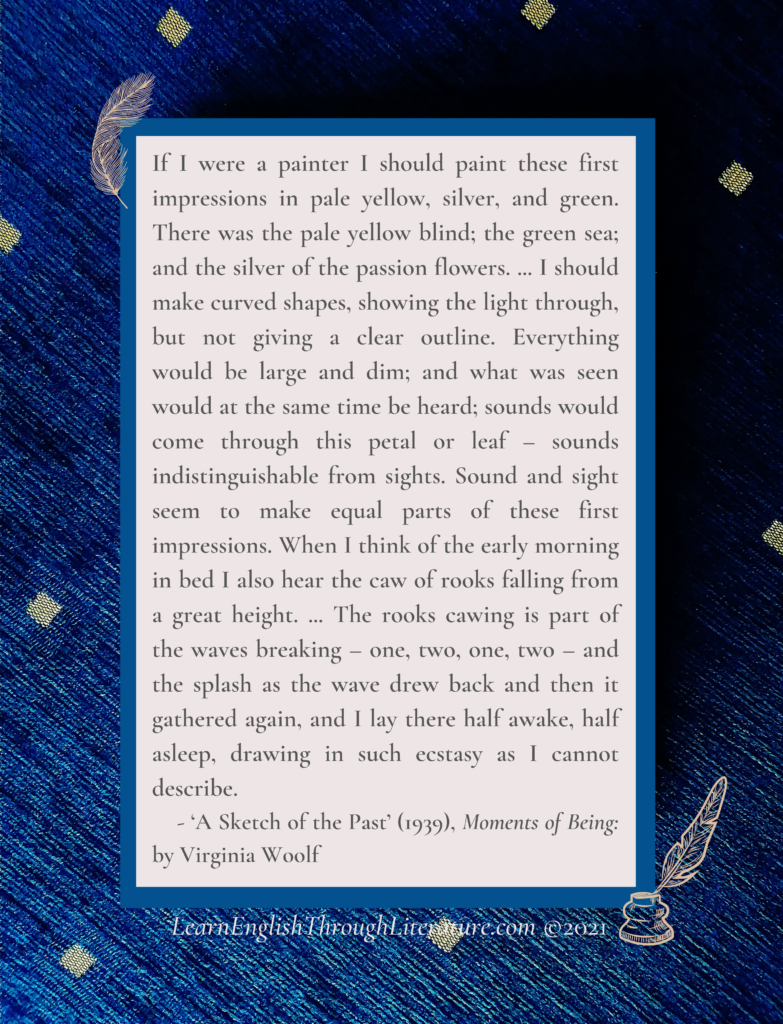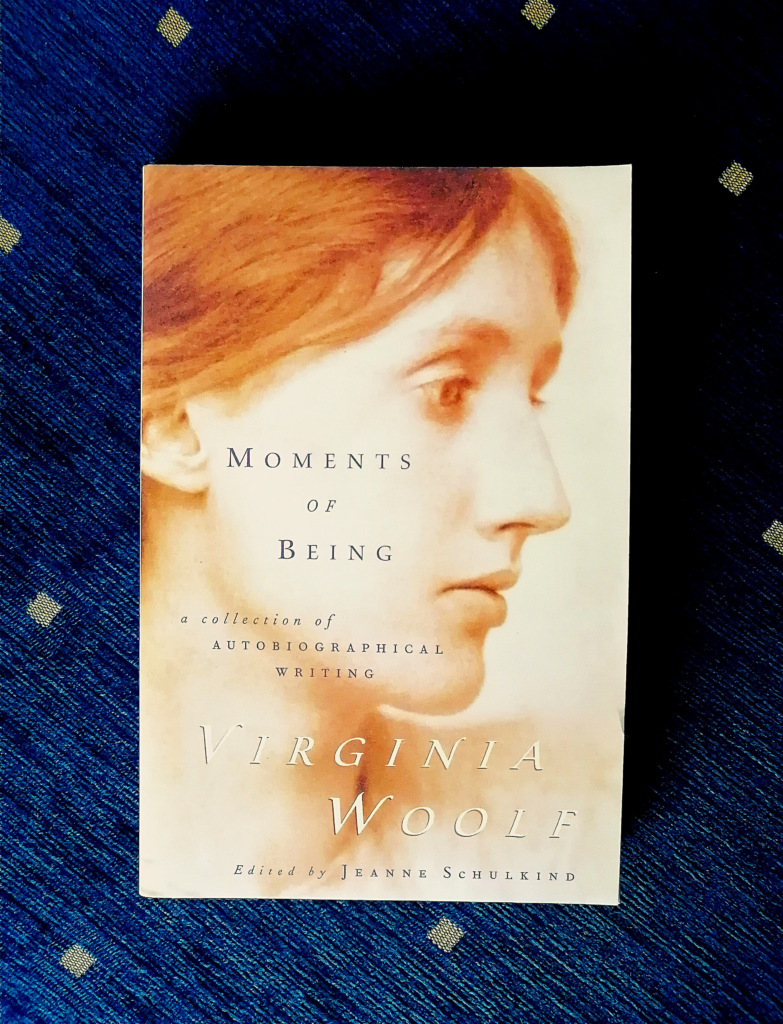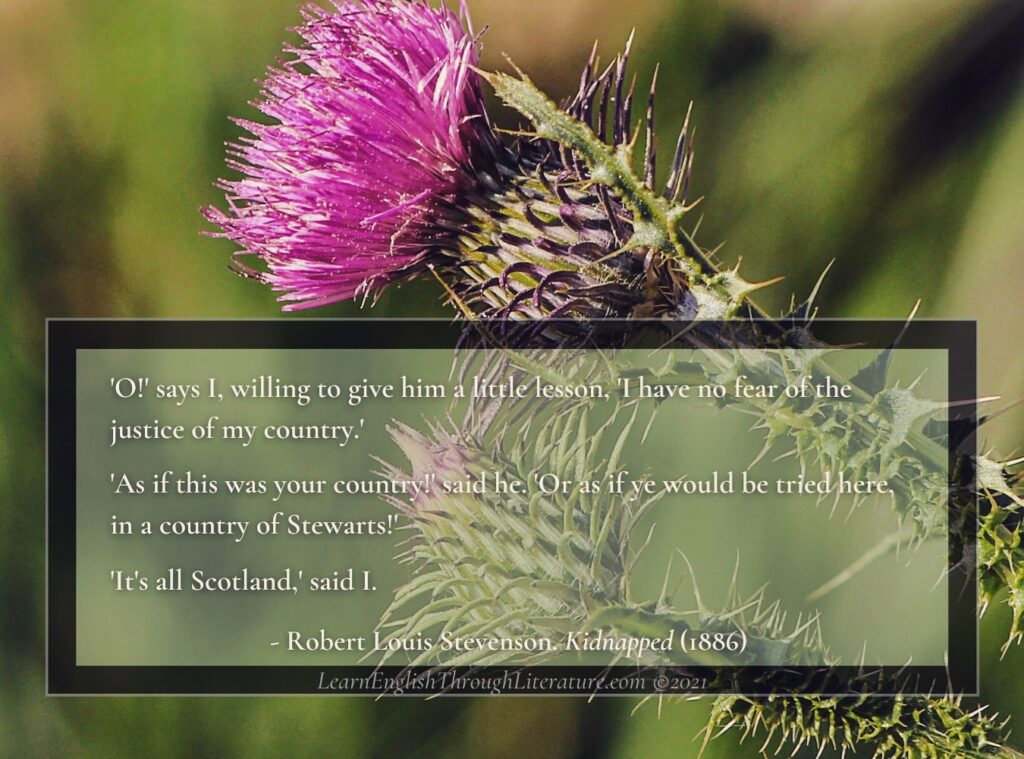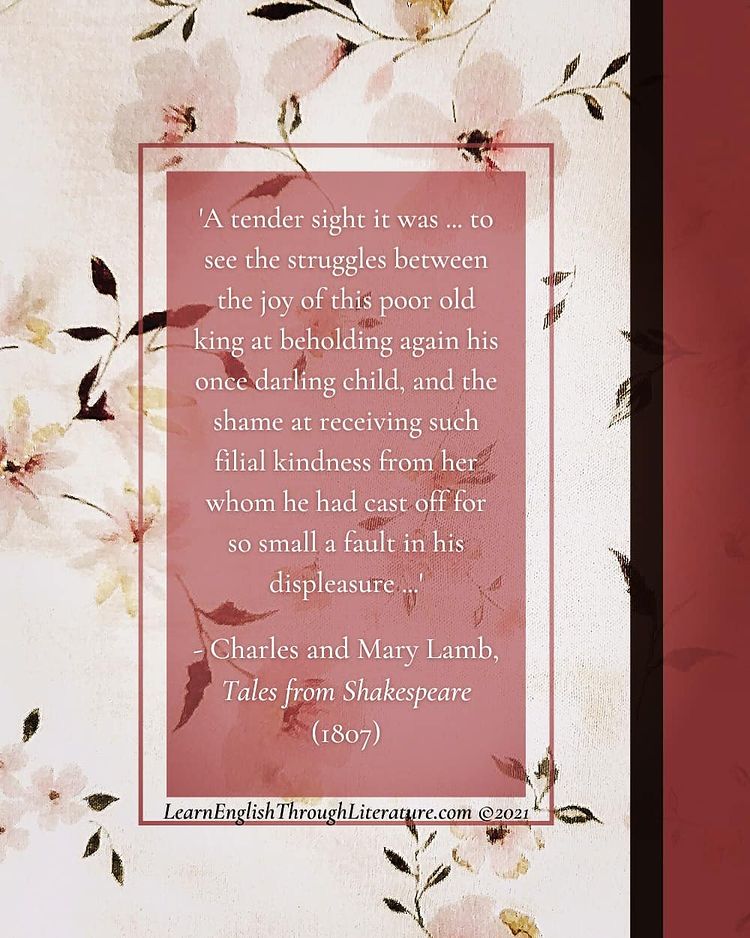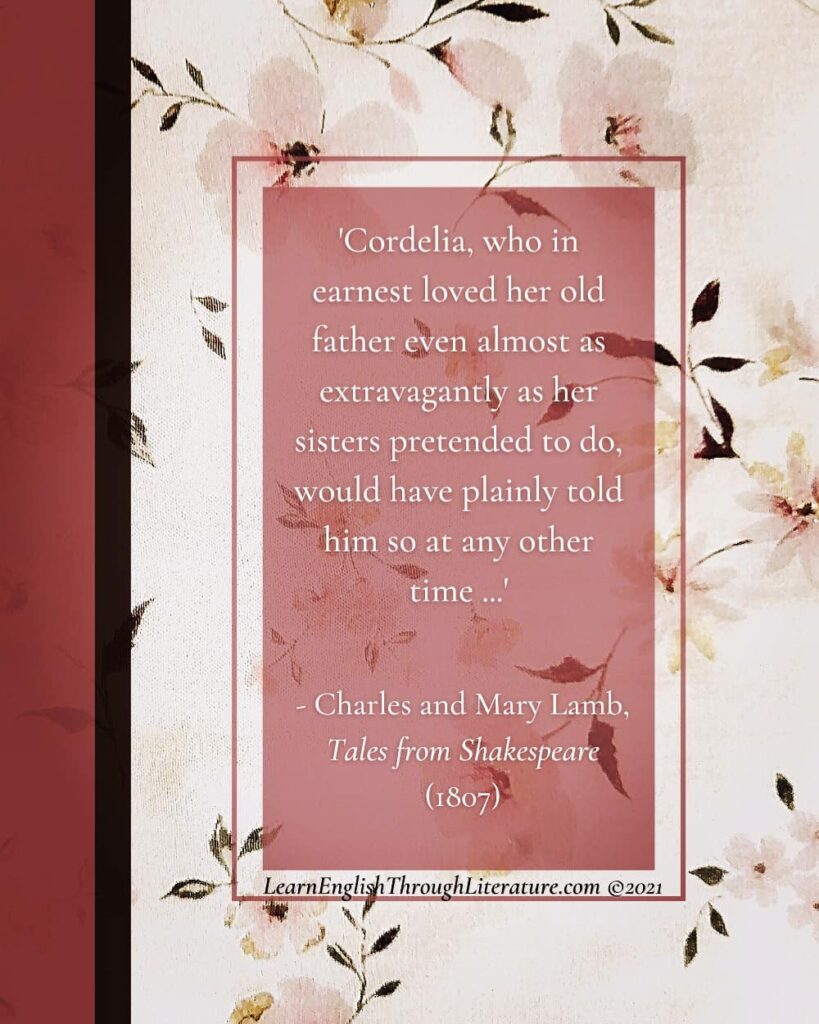Lesson #203: ‘Still sweeter flowers opening by the wayside’: A reading comprehension exercise with vocabulary from ‘Jane Eyre’
📚 I have been re-reading my favourite classic, Jane Eyre (1847), and discovered anew (again) one of the beautifully descriptive passages on springtime in this book. It makes for a perfect reading comprehension exercise for this time of the year! In this Lesson I have included a vocabulary list to help you better understand Bronte’s […]


